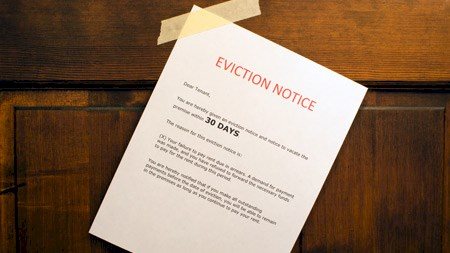Relative to evictions are two laws:
The Extension of Security of Tenure Act (ESTA) governs the eviction of occupiers on rural and peri-urban land in South Africa. It exists to protect those who live on an owner’s land with their permission, such as tenants or farmworkers. This means a proper legal process must be followed by obtaining a court order before anyone can be evicted.
Also in play is the Prevention of Illegal Eviction (PIE) Act. This is applicable to urban properties where, even if someone is living on your property without your permission or occupying it illegally, they must be treated fairly and with dignity.
In a review by a full bench of the Land Court, the decision was made by the judges that mediation is now mandatory before a landowner can even apply for an eviction. Simon Dippenaar & Associates explain that the judges held that “good-faith negotiations” or “meaningful engagement” are not the same as mediation, and that the law (as amended) now requires a proper mediation process before issuing an eviction application.
The ruling does not apply retrospectively to cases lodged before 1 April 2024. “New matters must comply,” says the legal firm’s owner, Simon Dippenaar. “Expect courts to ask, ‘Where is your mediation record?’ before they hear an ESTA eviction application.
“Whilst this ruling addresses ESTA matters (farm/rural occupiers) and interprets the post-April 2024 landscape together with the Land Court Act, evictions under the PIE Act (urban residential homes) still require the familiar PIE s 4(2) notice and a just-and-equitable hearing; PIE is not changed by this ruling. That said, early mediation/meaningful engagement often remains prudent in urban disputes.”
What is meant by “mediation”?
"The Land Court emphasised differences between mediation and informal ‘good-faith talks,’” says Dippenaar. There are four directives:
It must be conducted by one or more people with dispute-resolution expertise.
It should occur as early as possible, with both sides legally represented to ensure equality of arms.
It is confidential/privileged (what’s said there generally can’t be
used in court if it fails).It may involve the municipality or relevant departments where duties (e.g., alternative accommodation) are at issue.
Why this matters
There are three parties that this ruling will impact, says Dippenaar.
For landowners (especially on farms/rural land): you now face a procedural precondition—mediate first. If you skip it, your application risks delay or dismissal.
For occupiers: this is a real opportunity to resolve disputes early, with a neutral trained mediator and (where relevant) municipal input, instead of going straight to litigation.
For everyone: mediation is designed to be speedy, confidential, and effective, reducing cost and court pressure—while still allowing you to litigate if mediation fails.
Moving forward: landlords
Assess your matter: Is it an ESTA eviction? If yes, plan mediation first.
Brief a mediator with suitable expertise (and secure dates) before preparing papers.
Prepare a mediation bundle: lease/consent history, breach chronology, communications, arrears schedule, and inspection photos.
Consider municipal involvement early where vulnerability/alternative accommodation may arise.
If mediation fails, you can proceed—but your papers should prove that mediation was attempted properly.
Moving forward: occupiers
Participate in mediation—it’s your chance to be heard and explore workable solutions.
Bring details of vulnerability (children, elderly, disability) and housing options; these remain central to what a court later considers just and equitable.
Get legal advice early; the Land Court expects legal representation at mediation to ensure fairness.
Legal view “We welcome the clarity,” says Dippenaar. “We’ve long used mediated settlements in eviction disputes to spare clients months of delay and cost. This ruling codifies best practice—and, if handled properly, should reduce litigation risk while preserving urgent relief where genuinely necessary.”



